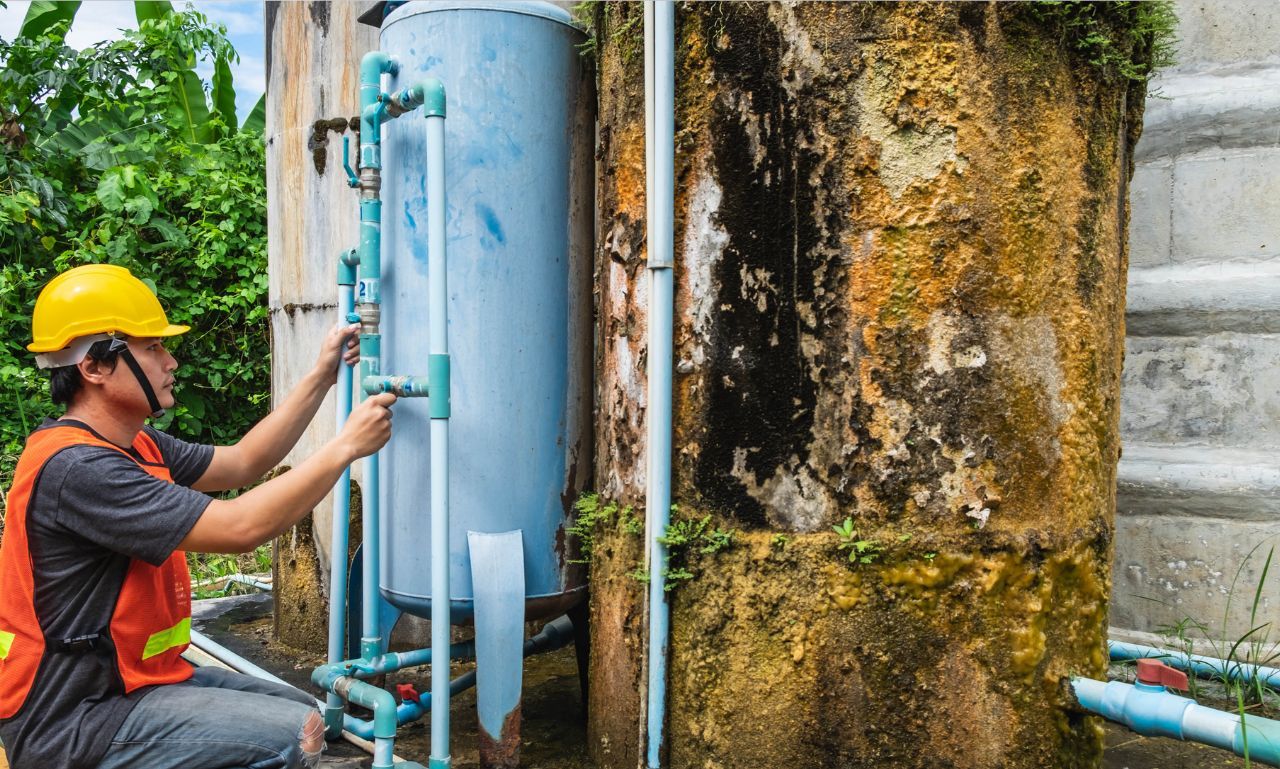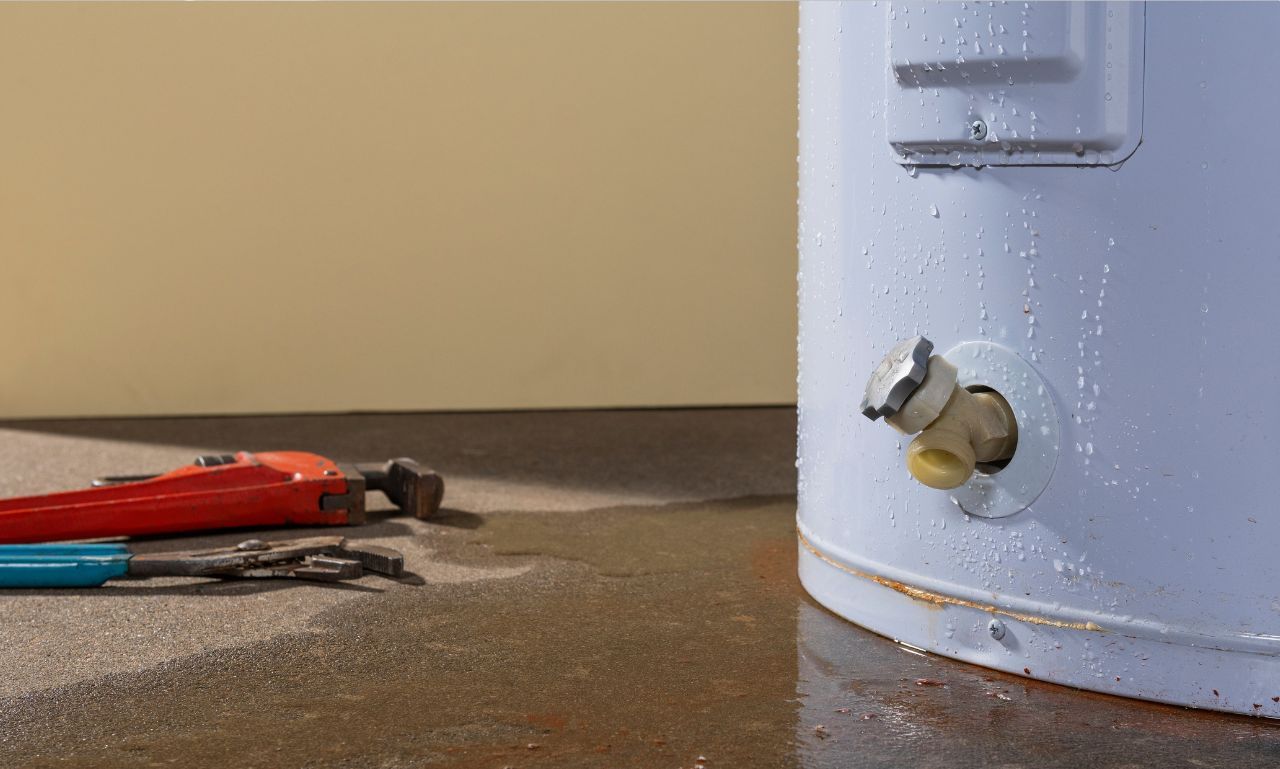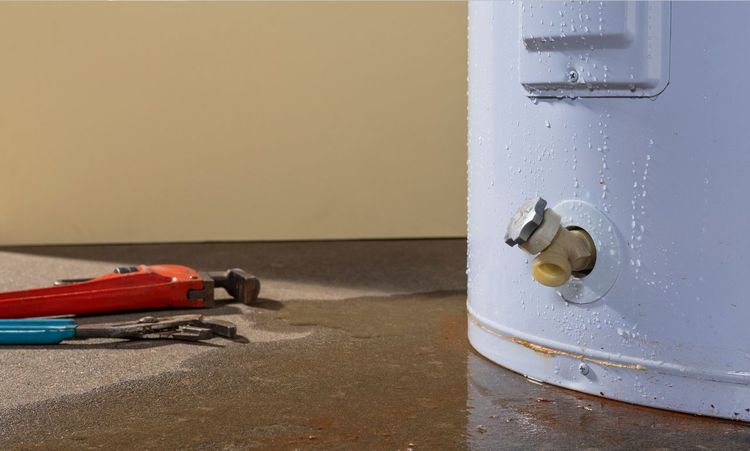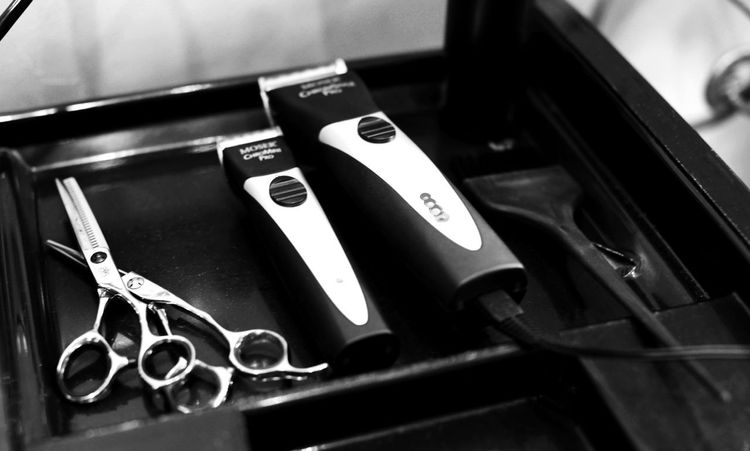As a homeowner, few things are more alarming than discovering a puddle of water around your hot water heater. Whether it is an electric water heater or a gas water heater, a leak can result in costly repairs, damage to the water, and some possible safety hazard situations if left unattended. So, no need to panic; with a clear head and a little practical know-how, you can often diagnose and sometimes fix small water heater leaks yourself. The steps that you will take in case you notice that your water heater is leaking are discussed below.
Turn Off the Power Supply
Before you start investigating or attempting any repairs, it's crucial to turn off your water heater's power supply. For electric heaters, locate your home's main electrical panel and flip the circuit breaker connected to your water heater to the "Off" position. If you have a gas water heater, look for the dedicated gas shutoff valve near the unit and turn it to the "Off" position. This step ensures you can work on the heater safely without the risk of electrical shock or gas leaks.
Identify the Source of the Leak

Grab a flashlight and some paper towels, and carefully inspect your unit for the leak's origin. Check the cold water inlet pipe, hot water outlet connections, pressure relief valve, drain valve, and the tank itself for any signs of moisture, drips, or puddles. Use your paper towels to wipe down fittings and connections, looking for the spot where water reappears first. Identifying the leak's source will guide your next steps for repair.
Tighten the Connections
If you've located a leaky pipe fitting, use an adjustable wrench to gently tighten the connection, taking care not to overtighten and damage the fitting. For the cold water supply inlet or hot water outlet connections, a quick quarter-turn with a wrench may be all it takes to stop the drip. Remember, a little goes a long way when tightening plumbing connections!
Replace Faulty Valves
If tightening the fittings didn't solve the issue, you may be dealing with a faulty valve. The pressure relief valve and drain valve are two typical trouble spots. Inspect these valves closely for signs of wear, corrosion, or damage. If you notice any issues, it's best to replace the valve entirely. You can find replacement valves at your local hardware store, but be sure to match the size and type exactly. If you're unsure about tackling this repair yourself, don't hesitate to call a plumber for assistance.
Call a Professional Plumber
Sometimes, despite your best DIY efforts, a leaking water heater demands expert attention. If you have tightened fittings, replaced valves, and still have leaks, or if you notice water seeping from the tank itself, then it's time to call in reinforcements. A pro can diagnose the more serious issues, such as a corroded tank or bad heating elements that your average do-it-yourselfer might miss, and affect repairs. If a repair won't be enough, they will let you know when replacement will be more economical for your unit.
Water Heater Maintenance Tips
Of course, the best way to deal with a leaking hot water heater is to prevent leaks from happening in the first place! Regular maintenance can go a long way in extending the life of your unit and catching potential issues before they turn into full-blown leaks. Here are some simple maintenance tips to keep your water heater in tip-top shape:
- Annually flush your tank to remove sediment buildup
- Test your pressure relief valve regularly to ensure proper function
- Inspect your anode rod every few years and replace it if necessary
- Insulate your pipes to improve energy efficiency and prevent heat loss
- Keep the area around your water heater clean and free of clutter
By following these maintenance guidelines and staying alert for signs of trouble, you can often avoid the stress and expense of a leaking water heater altogether.
Should I turn off my hot water heater if it is leaking?
Yes, absolutely! As soon as you notice your water heater leaking, turn off the power supply immediately. For electric heaters, flip the corresponding circuit breaker in your electrical panel. For gas heaters, locate the dedicated gas shutoff valve and turn it to the "Off" position. Turning off the power ensures your safety while inspecting and repairing the leak.
Can I still use the water heater if it is leaking?
It's not recommended to continue using a leaking water heater, as it can lead to further damage and potential safety hazards. Even a small leak can turn into a big one and thus waste hundreds of gallons of water, along with all the energy used to process it. It is advisable not to use such a unit and to address the leak as soon as possible.
What to do if your water heater is leaking from the bottom?

If you notice water pooling around the base of your water heater, the leak is likely coming from the bottom of the tank. This type of leak is often due to sediment buildup, corrosion, or a faulty drain valve. First, turn off the power supply and shut off the cold water inlet valve. Then, attach a hose to the drain valve and direct it to a floor drain or outside your home. Open the drain valve to empty the tank, and inspect the valve for signs of damage or leaks. If the leak persists after closing the valve, the issue may be more severe, such as a corroded tank bottom, requiring professional assessment and likely water heater replacement.
Conclusion
For any homeowner, finding one's hot water heater to be leaking is rather distressing news; however, the good news is that minor leaks in the same can be fixed by yourself, provided you have the right knowledge and approach. Always remember to first switch off the power supply, and if you feel the leak is beyond your skills, never hesitate to call a professional plumber. Routine water heater maintenance and keenness in a potential leakage sign will protect your home and ensure a hot water supply for many years. Trust your instincts, take swift action, and don't let a leak in your water heater dampen your spirits!




